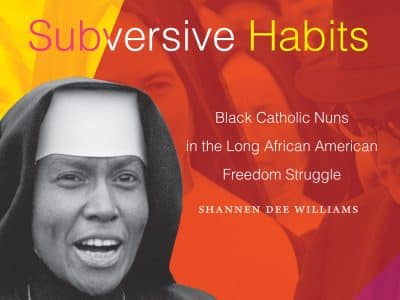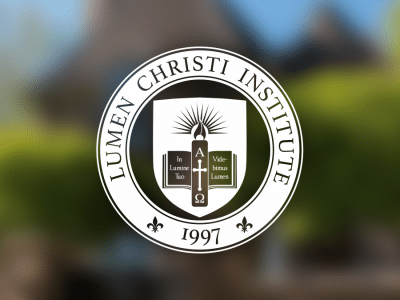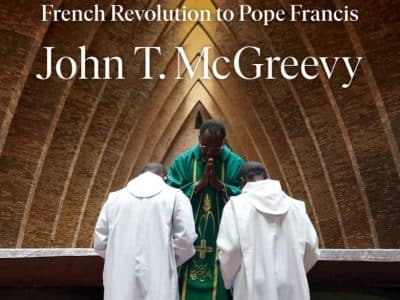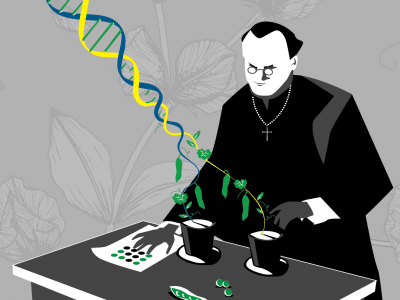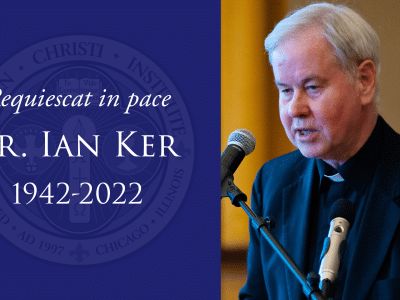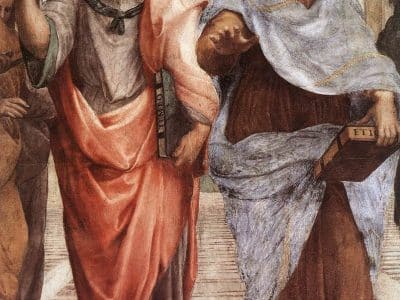News & Media
From 2012 to 2020, Fr. Paul Mankowski, SJ delivered hundreds of lectures and master classes at the Lumen Christi Institute. Seeking to share the depth of his scholarship, this podcast offers many of his lectures (edited for coherence and quality) to the public in digital format for the first time. The first season will feature a course that Fr. Mankowski gave on Joseph Ratzinger’s Jesus of Nazareth and dozens of lectures centered around the books of the Bible (including Genesis, many of the prophets, the Gospel of Matthew, and St. Paul’s Letter to the Romans). Episodes will be released on Mondays, Wednesdays, and Fridays from September through December. To conclude the season, we’ll offer one or two interviews with people who knew Fr. Mankowski well and can offer an entry point to his person and scholarship.
This event is free and open to the public. For more information, contact info@lumenchristi.org. This event is co-presented by the Lumen Christi Institute and the Martin Marty Center for the Public Understanding of Religion. Cosponsored by St. Thomas the Apostle
This event is free and open to the public. For more information, contact info@lumenchristi.org. This event is co-presented by the Catholic Research Economists Discussion Organization (CREDO) and cosponsored by the In Lumine Network and Catholics at Booth. This event is
This event is free and open to the public. For more information, contact info@lumenchristi.org. This event is co-presented with Fordham University’s Orthodox Christian Studies Center, and co-sponsored by the Sheptysky Institute of Eastern Christian Studies, Commonweal Magazine, America Media, the
This event is free and open to the public. For more information, contact info@lumenchristi.org. This event is co-sponsored by the History Department at the University of Chicago. The story of Roman Catholicism has never followed a singular path. In no
This event was co-sponsored by the Undergraduate Program in Religious Studies at the University of Chicago. Augustine famous referred to the classical virtues as “splendid vices”. Although he stood in the tradition that valued virtue, he was concerned that the
As we celebrate the bicentennial of Gregor Mendel’s birth, a few highlights of his life and legacy illustrate the breadth of his contributions and his genius. Born into poverty, he excelled in education in his youth. He entered the St.
An online interview for high-school students and teachers. What happens when I think? What makes for good thinking? Can I discover “truth,” and how would I know when I found it? How should I think about God? What is He
In tribute to Fr. Ian Ker, who went to the house of the Father on November 5, 2022, we share our collection of the brilliant scholarship he shared through the Lumen Christi Institute. He was an author, convert and priest,
Natural law theory has long been a central tenet of Christian philosophical and theological reflection on the relationship between God, the moral life, and society, and it has played an important historical role in shaping the political life of the
